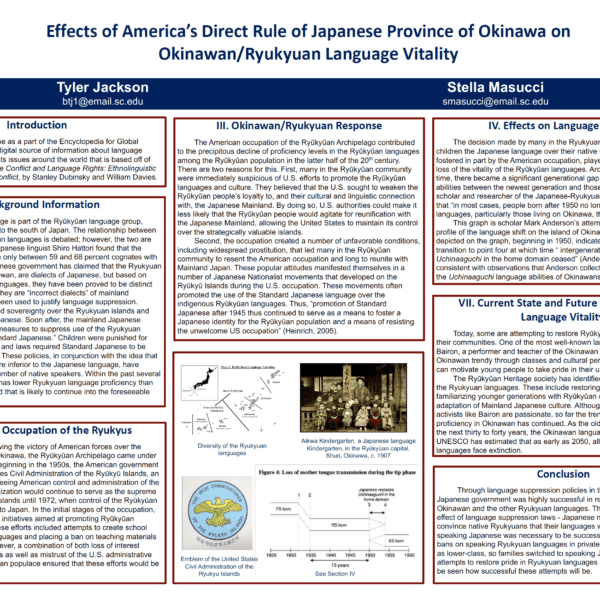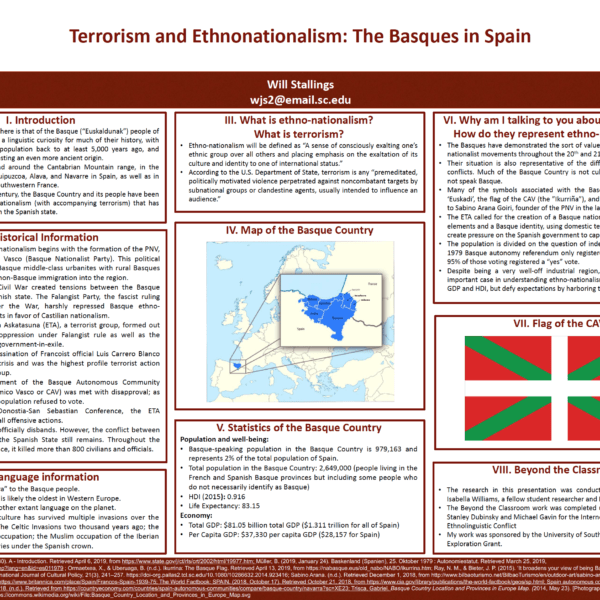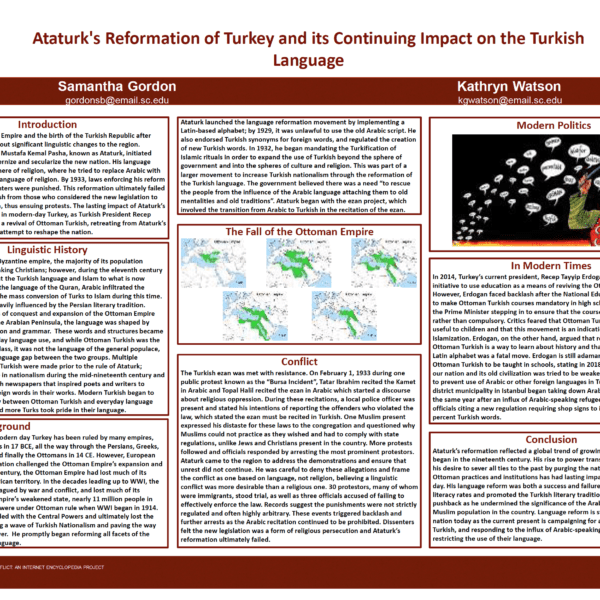by Samantha Gordon and Kathryn Watson
Abstract:
The fall of the Ottoman Empire and the birth of the Republic of Turkey brought about significant linguistic changes to the region. The first president, Mustafa Kemal Pasha, known as Ataturk, initiated radical reforms to westernize the new nation. Our research seeks to briefly examine this reform and its impact on the Turkish language, as well as discuss the resulting conflict. We discovered that Islam and the Turkish language were brought to the area during the eleventh century. Years later, the Ottoman Empire expanded its territories into parts of Europe, Asia, and North Africa. The surge of nationalism and the weakened state of the Empire eventually contributed to territorial losses and its eventual fall. The end of WWI brought about the rise to power of Ataturk, who sought to reform nearly every facet of the country. He placed an intense focus on language reformation, changing the alphabet and purging the lexicon of foreign words. He faced backlash when his language reforms entered the sphere of religion, where he tried to replace Arabic with Turkish as the language of religion within Turkey. This reformation ultimately failed; however, the lasting impacts of Ataturk’s reformation can still be seen in Modern-day Turkey. In recent years, the current president has pushed for a revival of Ottoman Turkish and a return to pre-Ataturk practices within the nation. Our research reveals Turkey is undergoing more cultural and linguistic changes as a result, creating notable impacts for Arabic speakers, something we will continue to explore further.


